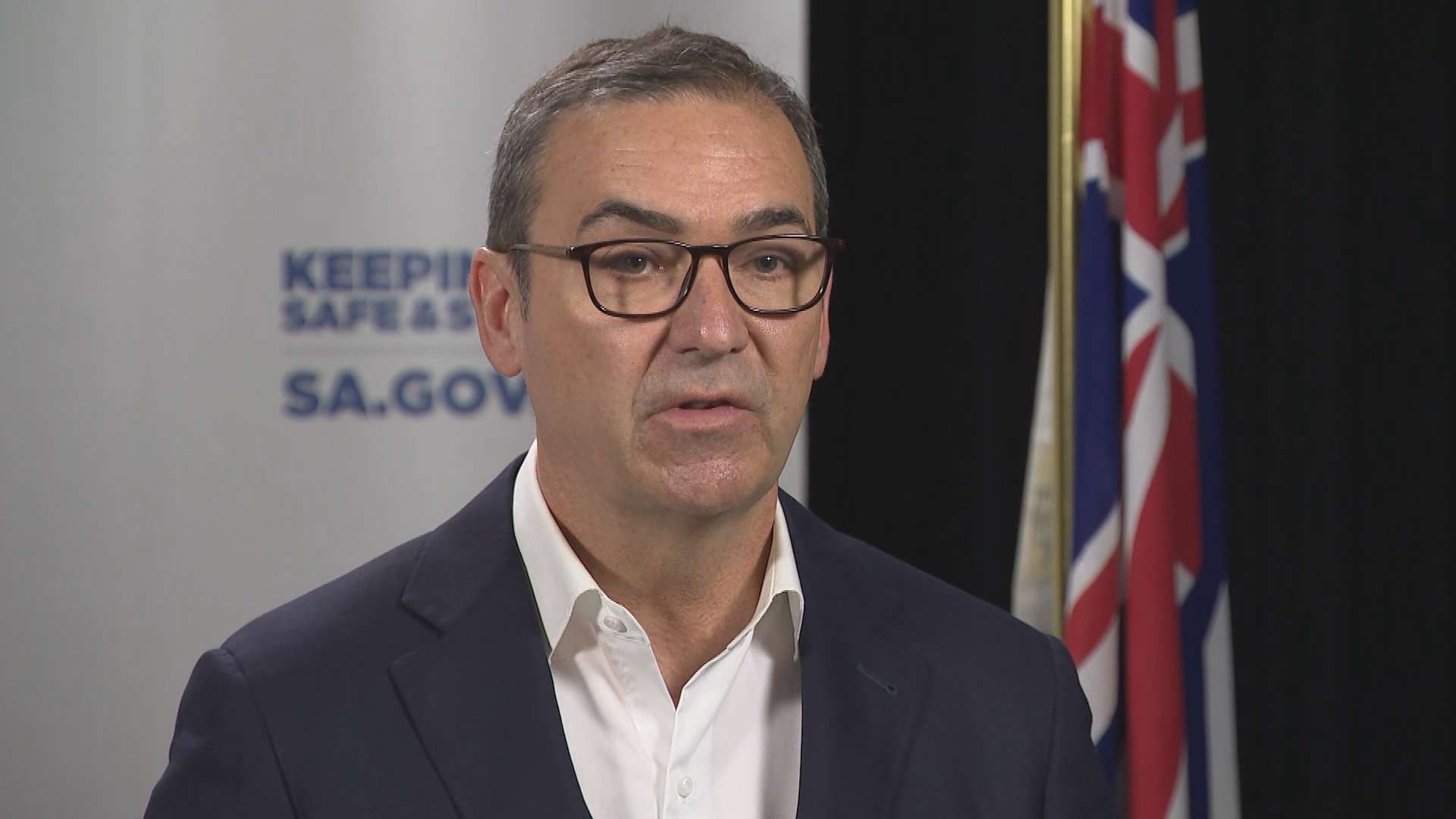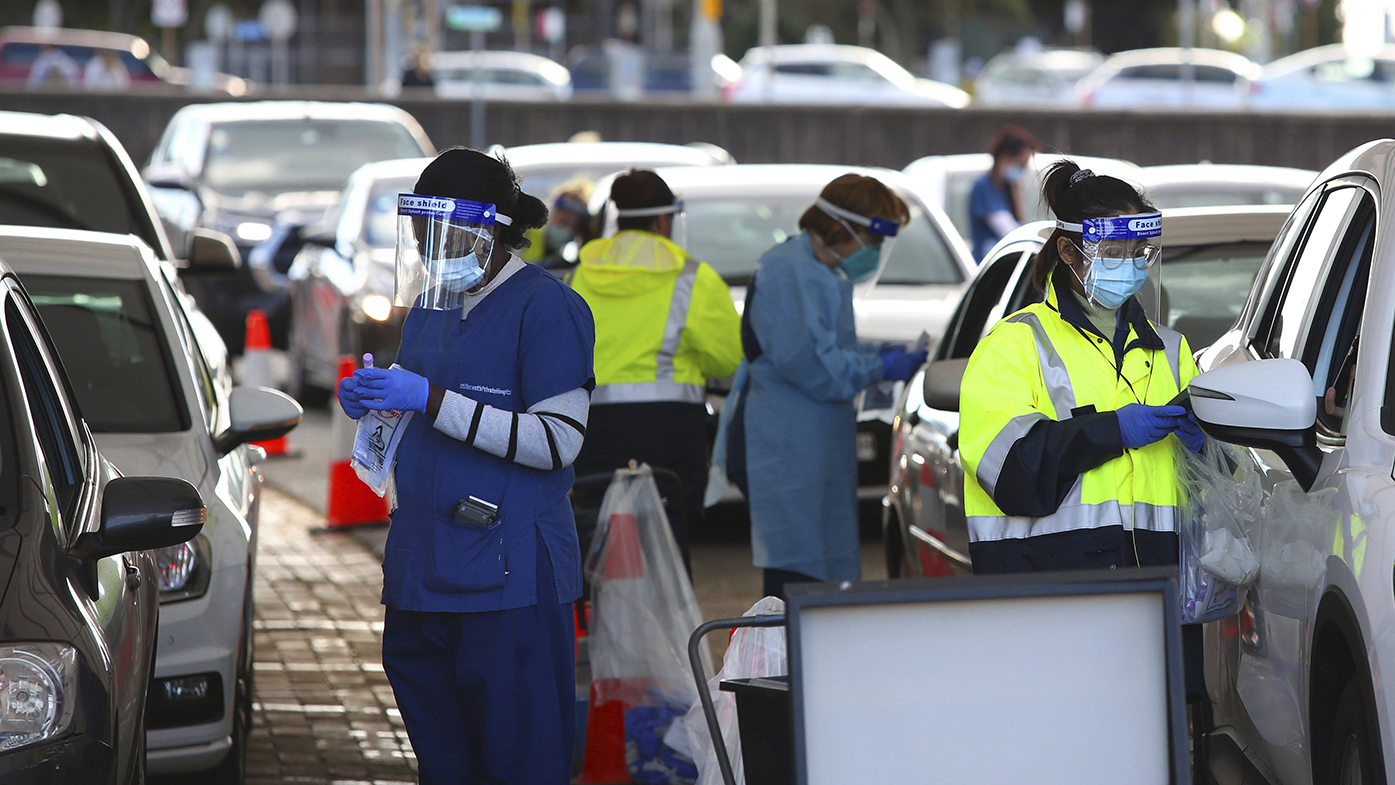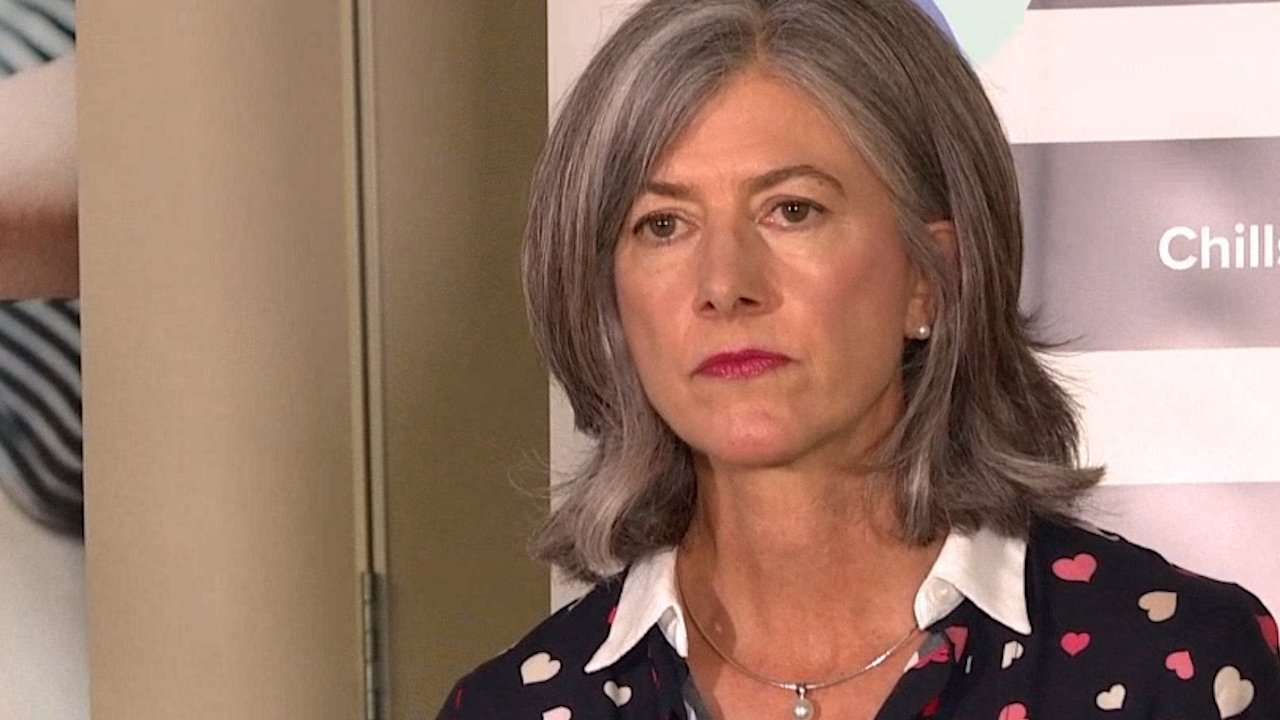South Australia will close its border to two states and two territories as the coronavirus situation in Australia has "seriously deteriorated".
SA Premier Steven Marshall said the state will close its border to Queensland, Western Australia, the Northern Territory and the ACT effective immediately.
"We know that there has been a very significant deterioration in the situation around Australia with a very dangerous Delta variant," Mr Marshall said.
READ MORE: Four new COVID-19 cases in the Northern Territory spark 48-hour lockdown

"We need to take decisive action here in South Australia."
NSW today recorded 30 new community cases of COVID-19. All of today's new cases have been linked to existing clusters but 19 were not in isolation while infectious.
The new infections have sparked concerns around potential exposures at a major western Sydney Hospital, inner-west seafood wholesaler and a number of interstate flights.
Mr Marshall said the NSW situation was "concerning" and pleaded with anyone experiencing symptoms of the virus to get tested.
Three cases in returned travellers were recorded in SA today, all of whom are in medi-hotels.
Mr Marshall said the only people from those states allowed into SA were people permanently relocating to South Australia, South Australians returning home, or those people who are escaping domestic or family violence, or people who are essential travellers and have received an exemption from SA health authorities.
The Premier said arrangements with border communities remained in place.
"The arrangements with New South Wales remain as they were over the weekend, with the 100km buffer along the New South Wales South Australia border," he said.
READ MORE: NSW records 30 new COVID-19 cases on first day of lockdown

He said requirements for people entering SA from Greater Melbourne now applied to all Victorians.
"With Victoria, we continue with the arrangement where we're asking people from greater Melbourne to be tested on arrival and to isolate before that test is taken," he
"We now extend that to the whole of Victoria."
Mr Marshall said the Delta variant of the virus was of major concern.
"There's nothing neat and tidy about a global pandemic. I know it will be disrupting many long-standing arrangements people have had in place," he said.
"The consequences of not being decisive, not taking action - could be disastrous for us in South Australia.
"This Delta variant is highly transmissible, it is very dangerous, we don't want it in South Australia.
"By moving quickly, by moving decisively, by moving proactively, we give ourselves the best shot of not having a prolonged lockdown in South Australia like we're now seeing around other parts of the country.
"We've seen it in Victoria recently, now, in Greater Sydney, and now of course we have just seen today the Northern Territory has moved.
READ MORE: New restrictions introduced for Queensland as two community COVID-19 cases uncovered

"We have seen a massive increase in restrictions placed on people in Queensland and Western Australia as everybody around the country is moving to stop the spread of this very dangerous strain."
Chief Public Health Officer Nicola Spurrier said the border closures were necessary in combating the Delta strain.
"What everyone needs to be aware of, in Australia at the moment, this Delta strain is very, very transmissible," she said.
"It's very easily passed from person to person, even with very brief contact with other people.
"So this is the time to think about reducing your movements and not mixing with large numbers of people who you don't know - and that's a message right across Australia.
READ MORE: Restrictions announced for Perth after woman returning from Sydney tests positive to COVID-19
Professor Spurrier said SA had been fortunate in controlling the virus but the state must remain vigilant.
"Now, we've been very fortunate in South Australia that out of all of the jurisdictions we haven't had any recent community transmission, likewise Tasmania and the ACT," she said.
"But we are now surrounded by states and other jurisdictions where they have active community transmission of this very transmissible strain.
"And this is the reason why we are putting these border restrictions in place, and also later this afternoon the police commissioner and I and our team will sit down and look at other things that we feel are important to have in place in our community."
